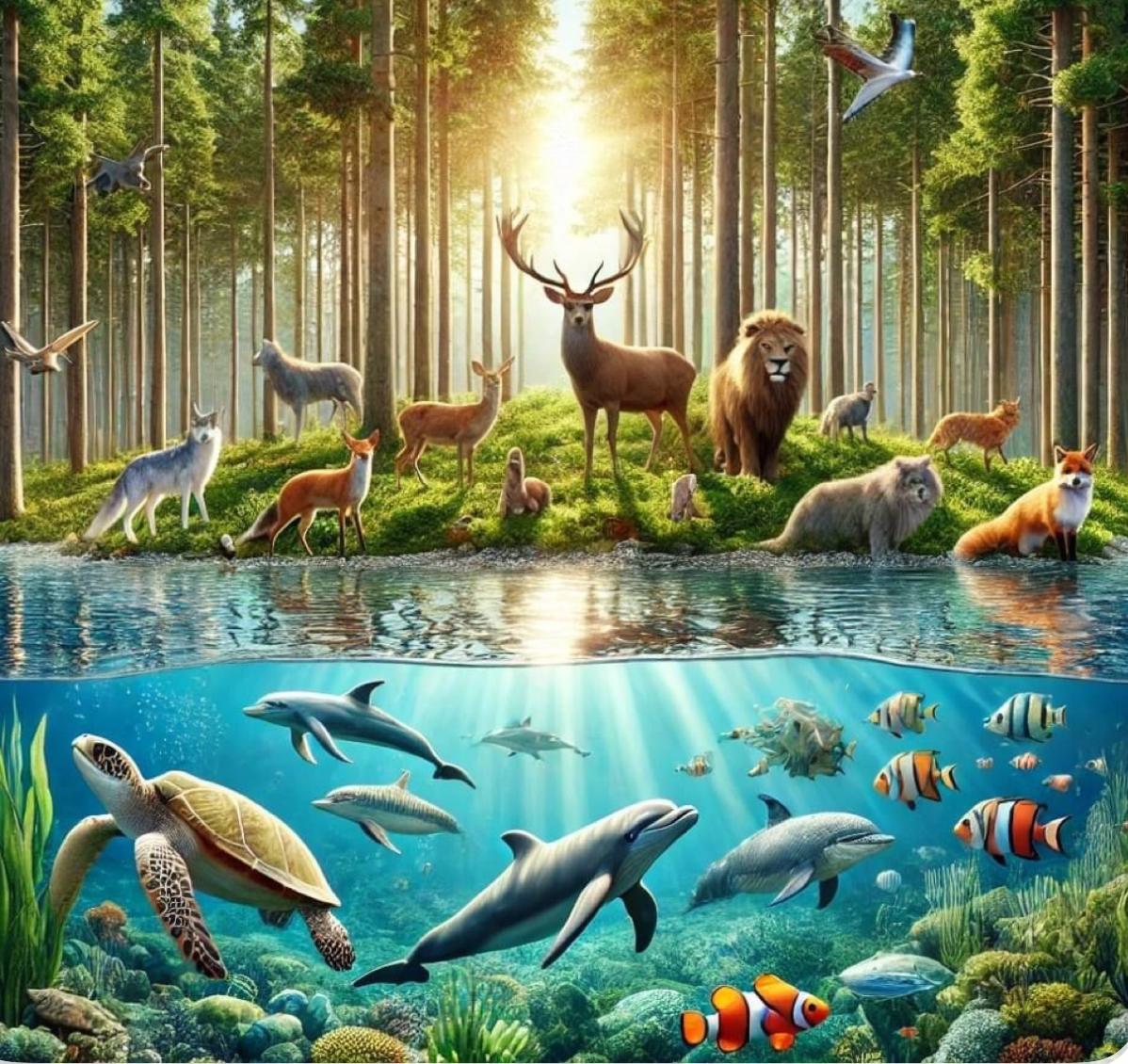Biodiversity refers to the variety of life on Earth—plants, animals, microorganisms, and the ecosystems they form. It is the web of life that supports human survival by providing food, clean water, oxygen, medicine, and natural balance. Unfortunately, biodiversity across the globe is declining at an alarming rate due to human activities such as deforestation, pollution, overfishing, urbanization, and climate change. When species disappear, ecosystems weaken, and the balance of nature is disturbed.
One of the major causes of biodiversity loss is habitat destruction. Forests are cut down to make way for cities, industries, and agriculture, leaving countless species homeless. Pollution of rivers and oceans has destroyed marine life, while excessive hunting and poaching have pushed many species to the brink of extinction. Climate change has further worsened the crisis, altering rainfall patterns, melting glaciers, and making survival harder for many living beings.
The consequences of biodiversity loss are severe. It not only threatens wildlife but also humans. Without bees and insects, pollination decreases, affecting food production. Without forests, oxygen levels decline and carbon dioxide rises, accelerating global warming. The disappearance of medicinal plants limits future discoveries of life-saving drugs. Every extinct species is a permanent loss that cannot be reversed.
Protecting biodiversity is protecting life itself. Strict laws against poaching, conservation of forests, reduction in pollution, and adoption of sustainable lifestyles are essential to safeguard the environment. Planting trees, protecting endangered species, and creating awareness can ensure that the future generations inherit a planet that is green, healthy, and full of life. Humanity must remember: we are not the owners of Earth—we are just caretakers.

